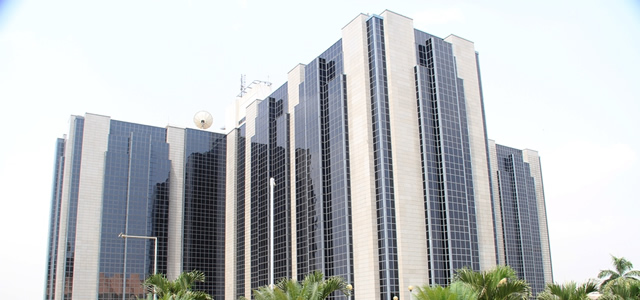This post has already been read 1495 times!
The total value of transactions through various electronic payment (e-payment) channels in the country rose by 13 per cent to a total of N150.773 trillion in 2019, compared with the N133. 637 trillion recorded in 2018.
Also, the volume of transactions stood at 2.952 billion in 2019, higher than a total of 2.073 billion recorded in 2018.
The figures were contained in the latest industry e-payment data for full year 2019, from the Central Bank of Nigeria (CBN), obtained by THISDAY yesterday.
But the data put the total value of intra-bank e-payment transactions at N441.905 trillion in 2019, while total volume stood at 90.875 billion.
However, while total value of transactions by cheques was N4.482 trillion in 2019, lower than the N5.035 trillion recorded the previous year, the volume of transactions by cheques also dropped from 9,019,278 recorded in 2018, to 7,275,237 in 2019.
This clearly showed that more Nigerians now prefer to carry out transactions electronically, as against the issuance of cheques.
Also, while the combined value of Automated Clearing House System/NAPS/PMS stood at N25.131 trillion, the volume of transactions under this payment channel was 47,311, 582.
The data also revealed that in 2019, the total volume of transactions that took place across Automated Teller Machines (ATMs) in the country was 839,819,922, while the value of transactions in the period under review was N6.513 trillion.
Furthermore, the value of transactions via point of sale (PoS) channels across the country throughout last year, was N3.205 trillion, whereas the volume of transactions recorded was 438,614,182.
Also, while the volume of transactions through internet (web) in the review period was 103,497,007 with the value put at N478 billion, the volume of transactions through mobile money was 377,265,208 and valued at N5.080 trillion. The value of transactions through Nigerian Instant Payment (NIP) was N105 trillion and the volume was 1,145,785,229.
Also, the data showed that electronic payment transactions through the mCash payment platform was N600 million in the entire 2019 and volume recorded at 251,490; whereas transaction volume through E-bills Pay, an online payment platform, was 1,099,805 and value at N652 billion.
Similarly, transactions through the Central Pay platform stood at N5.476 billion with total volume put at 663,163.
The CBN recently reviewed downward bank charges to ameliorate the pains of customers. In its revised ‘Guide to Charges by Banks, Other Financial and Non-bank Financial Institutions,’ which became effective from January 1, 2020, the central bank, amongst others, announced the downward review of charges for electronic banking transactions; review of other bank charges to align with market development and the inclusion of new sections on accountability/responsibility and a sanction regime to directly address instances of excess, unapproved or arbitrary charges.
Some of the major highlights of the new Guide to Bank Charges include the removal of Card Maintenance Fee (CAMF) on all cards linked to current accounts, a maximum of N1 per mille for customer induced debit transactions to third parties and transfers or lodgments to the customers’ account in other bank on current accounts only; reduction in the amount payable for cash withdrawals from other banks’ Automated Teller Machines (Remote-on-us) from N65 to N35, after the third withdrawal within one month.
Other reductions include Advance Payment Guarantee (APG), which is now pegged at maximum of one per cent of the APG value in the first year and 0.5 per cent for subsequent years on contingent liabilities.
Also, for cards linked to savings account, the maintenance fee has been reduced to a maximum of N50 per quarter, from N50 per month, amounting to only N200 per annum instead of N600.
Furthermore, there will be no more charges for reactivation or closure of accounts such as savings, current and domiciliary accounts while status enquiry at the request of the customer (like confirmation letter, letter of non-indebtedness and reference letter) will now attract a fee of N500 per request.
On Current Account Maintenance Fee (CAMF), the Guide expressly stated that this would be applicable only to current accounts in respect of customer-induced debit transactions to third parties and debit transfers/lodgments to the customer’s account in another bank. It stated that CAMF was not applicable to savings accounts.



